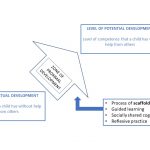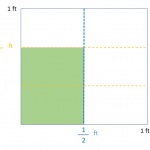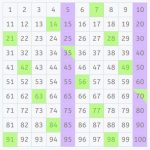May13
Smartick Logic Exercises with Operators

In today’s post, we are going to practice some Smartick logic exercises that parents ask us about fairly often: Operator exercises. They are exercises that, at first glance, look complicated but once you understand them you see that they can become a game for children! They form part of the logic exercises that stimulate mathematical talent intent […]
Continue reading »











